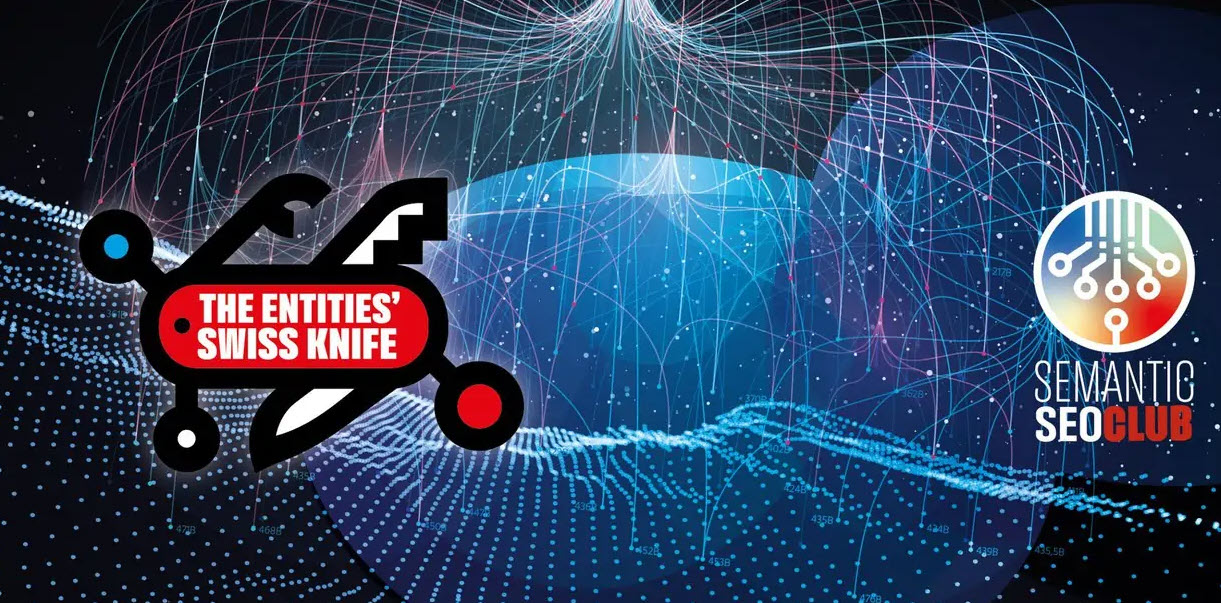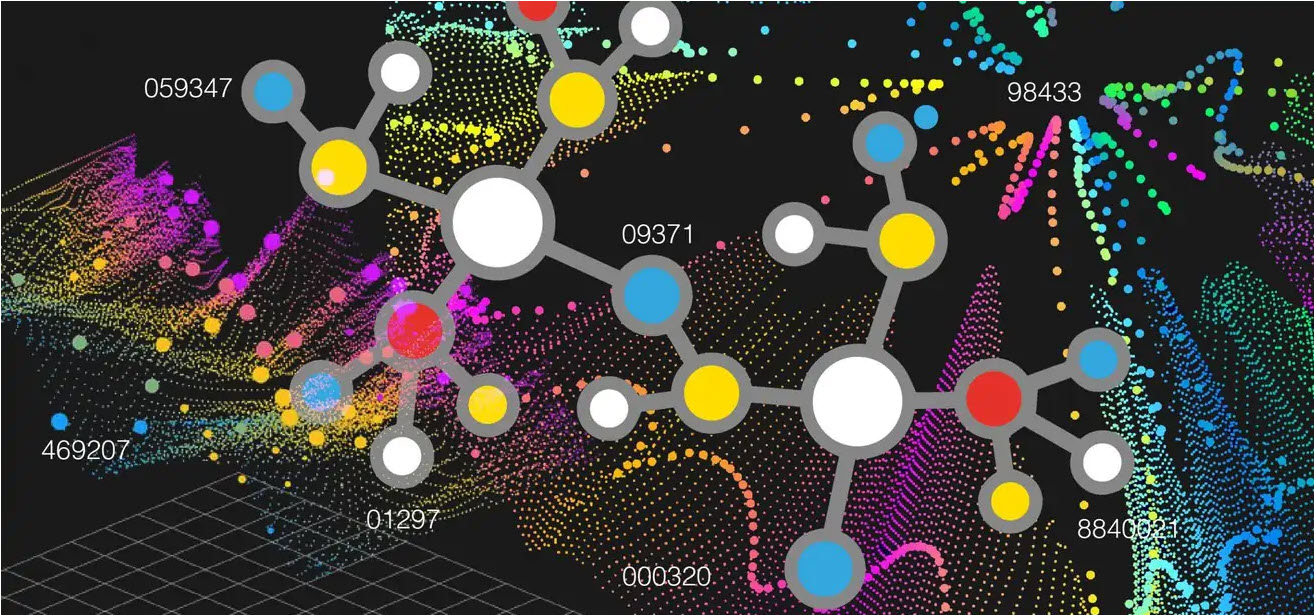
Structured Data
A Semantic Search Engine owes these capabilities to NLU formulas, Natural Language Understanding, as well as the visibility of organized information.
Differences in between a Lexical Search Engine as well as a Semantic Search Engine.
While a traditional lexical online search engine is approximately based upon matching key words, i.e., straightforward text strings, a Semantic Search Engine can "comprehend"-- or at the very least try to-- the definition of words, their semantic relationship, the context in which they are placed within a document or a question, hence achieving a much more exact understanding of the user's search intent in order to generate more appropriate results.
Topic Modeling and Content Modeling.

A Semantic Search Engine owes these capabilities to NLU formulas, Natural Language Understanding, as well as the visibility of organized information.
As it appears printed on the screen, a web page contains details in a disorganized or inadequately structured style (e.g., the division of sub-paragraphs as well as paragraphs) made to be recognized by human beings.


The mapping of the distinct systems of web content (Content Modeling) to which I referred can be usefully performed in the style stage and can be related to the map of subjects treated or dealt with (Topic Modeling) and to the organized information that expresses both.
It is a fascinating practice (let me understand on Twitter or LinkedIn if you would certainly like me to blog about it or make an impromptu video) that permits you to develop a website and create its material for an exhaustive treatment of a subject to acquire topical authority.
